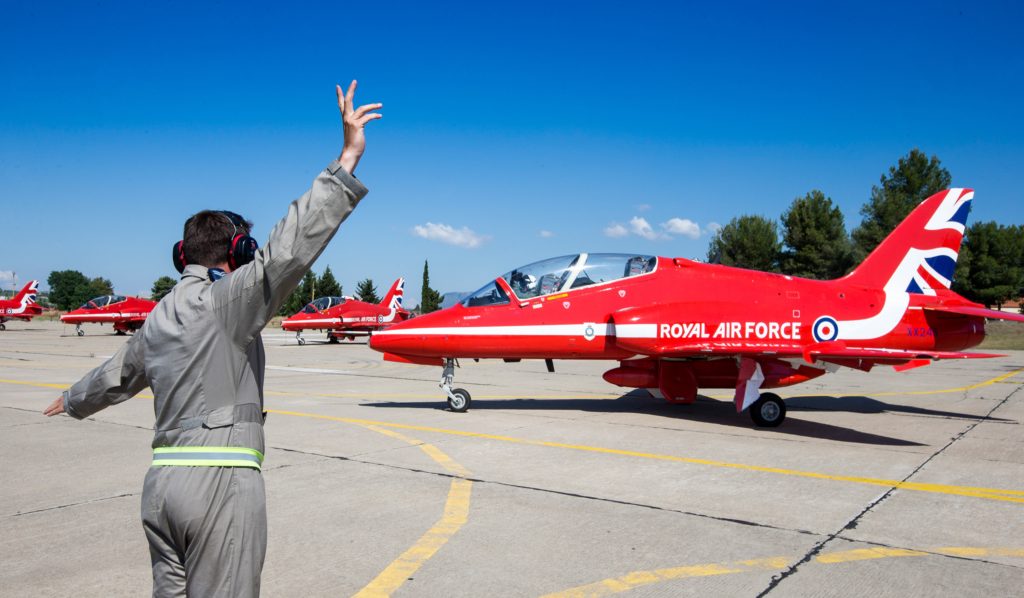Barry ET Harris MBE, Proelium Law Senior Advisor and UK Army veteran, shares thoughts on how to successfully transition from the military to civilian life.
Whatever civilian life was like for you before joining the Armed Forces, your military career is bound to have been life-altering. Like me, you might not have been the most organised or disciplined, or in the best physical shape, and joined with an attitude problem; we all quickly found out that a military existence is a whole new world compared to civilian life. In basic training being called a “Civilian” by your instructor was not meant kindly.
As a Veteran, being called a Civilian again is just one of many new things to get used to. Others include:
- Going by your first name – it takes a while to get used to;
- Not having a built-in group of mates;
- A lack of banter, and the sudden appearance of political correctness. Be very careful how you deploy your finely-honed banter skills in Civvy Street, many will misunderstand and take refuge in taking offence quickly. Political Correctness really is not so bad, it’s just good manners;
- Realising the camaraderie you were used to has gone, even if you didn’t like the person next to you that did not matter because you were all about acting for the “greater good” whereas in the Civilian world everything can be “for your own good”;
- Everyone uses the AM/PM system;
- Being able to be fired!
- Aimlessness – it seems like everybody wanders around like they have no place to go;
- People have their heads so deep in their phones they have no situational awareness, and poor social interaction;
In January of 1999, after 23 and a half years of service, I handed in my equipment and it was over. Once you have moved out and your terminal leave is completed, and the salary and pay statements from the MOD no longer arrive:
- You finally feel free just to let loose, but that comes with a cost and takes a toll on your body and your wallet. This can lead you down the path of self-destruction. To live in total freedom from all restrictions is difficult. Freedom is not about being constantly told what to do, you do have to take responsibility for yourself.
- No one is going to hold your hand. That might sound great! Decompress from military life, waste some time. I know a Sergeant Major who would have been violently shaking me, and shouting, “What the hell are you doing? Go sort yourself out!” But I didn’t have him there. I only had myself. It takes you to get YOU Nobody is going to help you.
- You do not appreciate that the military life is over until it has been over for quite some time. There was the idea in my mind that I was no longer serving, and a Veteran, but it never really hit me until I had been a Civilian for a while. When it did happen, it was, concurrently a shock, terrifying, and an enormous feeling of relief – so at least concurrent activity at all levels!
- The military’s transition process does not teach you everything. You must work, work, work, and work!
- Once you’re out, you must work, work, work, and work to see any actual results.
Now that I am a civilian my work requires a lot of me, but so does family, and other pursuits such as further education, hobbies, and sports. This situation could be considered a “luxury problem”, and many Veterans may face it.
To be continued …
‘As a civilian, the choices are seldom so clear-cut. You have to be able to pick a path because you’re financing and livelihood depend upon it. But whatever way you select, choose the ones that provide a healthy work-life balance.’
Need advice?
If you’d like further information, or to discuss working with us, please get in touch






